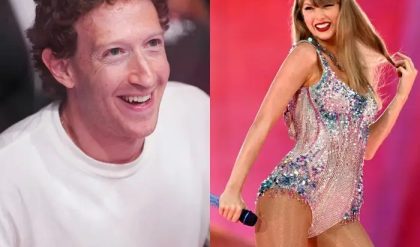In a controversial statement that has ignited heated discussions across social media and sports communities, former WNBA coach Lin Dunn has called for Brittney Griner’s removal from the U.S. Olympic Team. Dunn’s remarks come in response to Griner’s previous protests against racial injustice and her perceived disrespect toward the American national anthem.
The Context
Brittney Griner, a two-time Olympic gold medalist and star player for the Phoenix Mercury, has been at the center of attention for her outspoken views on social issues. In the past, she has chosen to remain in the locker room during the national anthem as a form of protest, aiming to shed light on systemic racism and inequality in the United States. While her stance has garnered both support and criticism, Dunn’s recent demand adds another layer of complexity to the conversation about athletes and activism.

Dunn’s Controversial Statement
Lin Dunn, known for her successful coaching career in women’s basketball, did not hold back in her critique of Griner’s actions. In a public statement, she asserted, “If you disrespect the American anthem, you don’t deserve to represent us!” This declaration has sparked outrage among Griner’s supporters, who argue that the athlete’s protests are rooted in a desire for justice and equality, not a rejection of her country.
Reactions from the Sports Community
Dunn’s comments have drawn mixed reactions from the sports community. Many athletes and fans have rallied behind Griner, viewing her as a trailblazer for social justice in sports. They argue that her actions highlight the need for change and that athletes have a responsibility to use their platforms to advocate for issues they believe in. Conversely, some agree with Dunn, insisting that athletes should uphold traditional values when representing their country on an international stage.

The Bigger Picture
This incident sheds light on the ongoing debate surrounding athlete activism and patriotism. As more athletes take a stand on social issues, the lines between sports and politics continue to blur, challenging fans and supporters to reconsider what it means to represent one’s country. Griner’s situation exemplifies the broader conversation about freedom of expression, respect for national symbols, and the responsibility that comes with being a public figure.
Conclusion
As the U.S. Olympic Team prepares for future competitions, the call for Brittney Griner’s expulsion has ignited passionate discussions about the role of athletes in society. Lin Dunn’s statement reflects a significant divide in opinions regarding athlete activism and the meaning of representation. As the debate continues, it remains to be seen how these tensions will impact the athletes involved and the larger landscape of sports activism in America.






